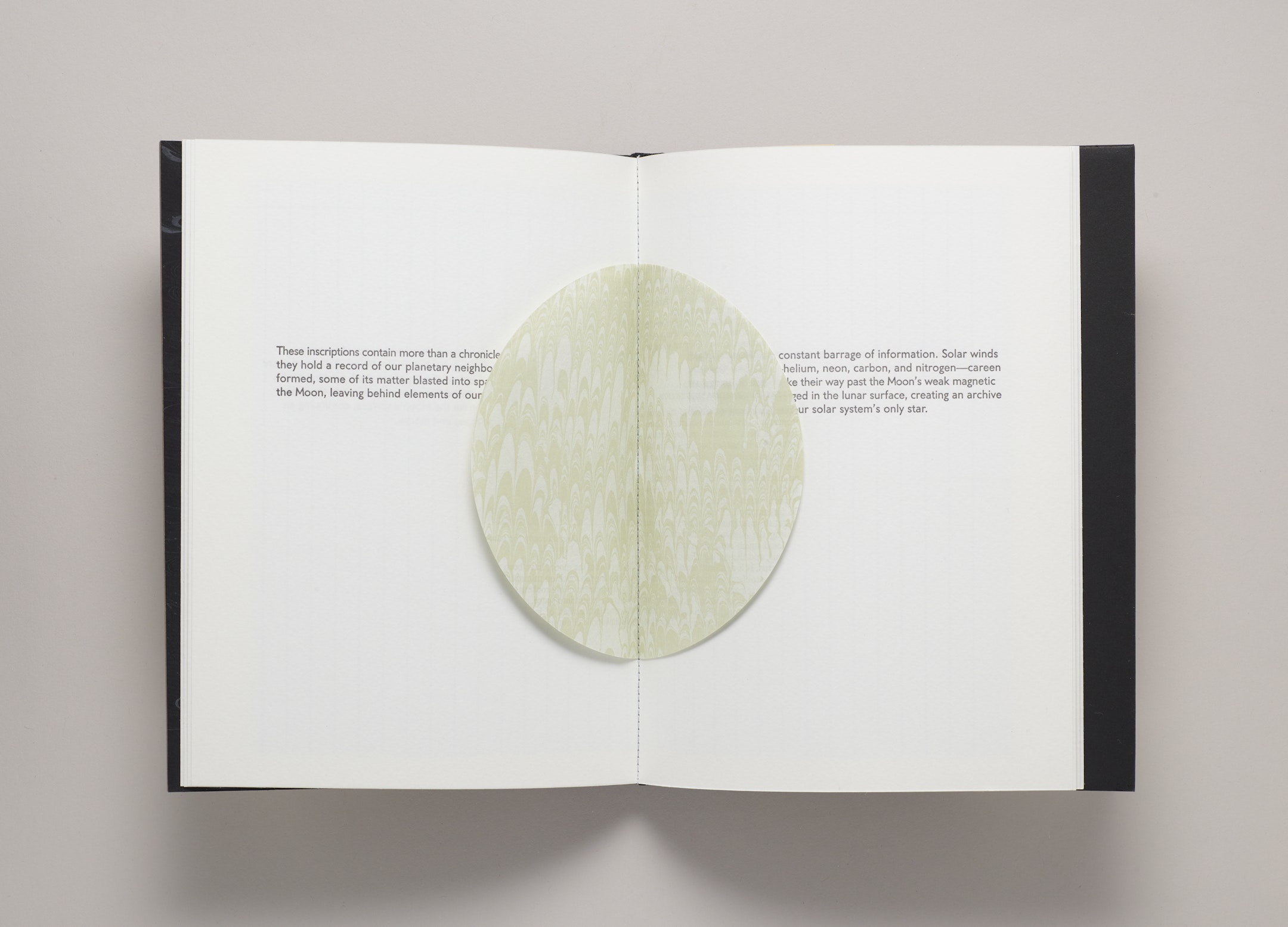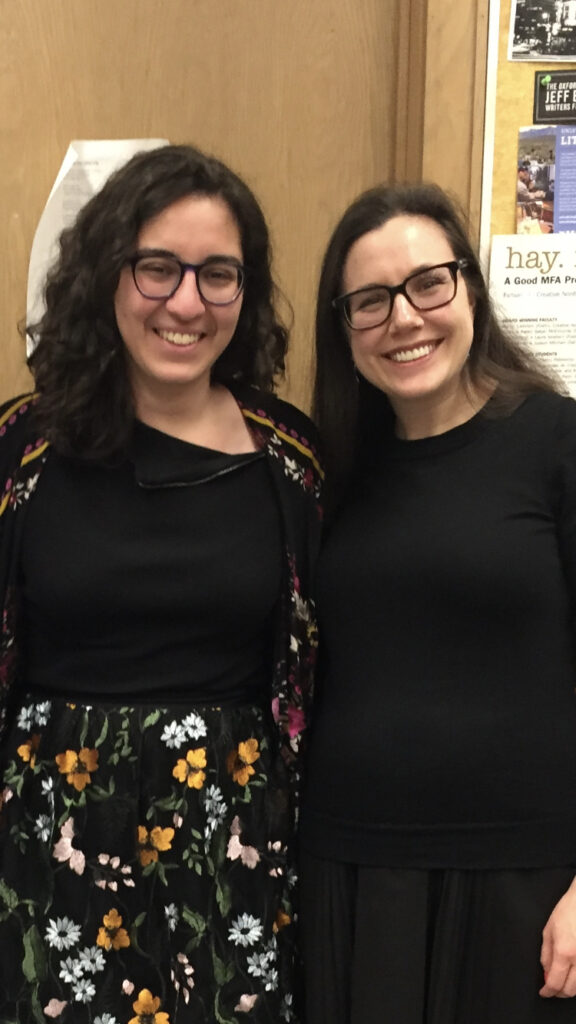For Elissa
With gratitude to the teachers who not only enliven your craft, but reveal the possibility of what is beautiful in you

On a cold mid-March afternoon, I sat across from Elissa Washuta in her sunny office. Spring had arrived early to Ohio State University. Through the office’s lofty windows, I watched pedestrians cross a green lawn between the English building and the library, underneath skeletal tree branches.
Elissa and I were going over my senior thesis, which witnessed trauma I experienced as a Chicana woman—too timely in the spring of 2019, a year marked by family separation policy. I was downtrodden from a budding sense that I wouldn’t have a good portfolio for MFA applications by the end of the year because I was too exhausted by the weight of my work.
Elissa is a Cowlitz woman and a skilled lyric essayist, whose own work has long carried the same weight mine struggled to hold. That afternoon, she must have sensed my aggrieved heart.
After her latest round of revision notes, she let a still moment stretch out a moment longer. She gathered my full attention from the pedestrians outside until I looked her in the eye.
“I want to show you something,” she said.
She pulled out her phone and pulled up a video from the JUNO awards, the Canadian version of the Grammys. Jeremy Dutcher was performing his arrangement of a song titled “Sakomawit.” He started singing with a rich, full voice, the kind that knows the strength of its own breath. The song began haunting, mournful, with an arpeggiating piano alongside a cello plucking out the arrangement’s plodding ¾ beat. Dutcher himself sat at the piano bench draped in a black cape, embroidered with hundreds of colorful flowers and vines.
“He’s a classically trained musician,” Elissa explained over top. He was Indigenous, Wolastoqiyik, and two-spirit, singing Wolastoq songs that he’d found while doing archival research. The songs were originally preserved in wax columns, like vinyl records embedded vertically. “He took the original voices and composed contemporary arrangements around them.”
Dutcher’s voice faded out. The cello scratched as the original recording’s needle dropped. Dutcher looked up, and the camera swooped to a black and white image of an elder, who Elissa thought was the singer. The cello lapsed into silence. A man sang over a regular drumbeat, his voice tinny, like he was calling over a telephone.
Unbidden, the memory of my late grandpa swirled to the forefront of my memory, the black and white photos of his youth, the rasp to his voice as he attempted to talk to me over the phone even with hearing aids. Tears pricked my eyes from the song’s beauty. Dutcher had created a duet across death.
Dutcher nodded along with the drumbeat. Leaving the song’s original ¾ rhythm, his piano united with the drum, tentatively at first, then boldly. The original singer signed off the vocals and the strings rejoined. The music swelled and at its climactic peak, Dutcher flung his cape off of his shoulders. Instead of flowers, the other side of the cape has white symbols over its black base.
“Those are Cree letters,” Elissa explained. “They say, I am successful.”
Later, a news article would correct her translation. The cape said, “We will succeed.” Either way, I was crying in earnest at that point.
It sounded like talking to your family after they’ve died, letting them know you’re okay. It was like telling your hurt child self you’re okay. I am okay. I am still here.
To be Chicana is to be friends with death. My culture emerged out of a genocide. My family’s US origin story began as a flight from war. My mother endured abuse generated by fear generated by the need to survive poverty. Sometimes, this friendship can make you forget what is good in your history.
But to hear a loved one’s voice again. To hear their songs playing, to put a needle to wax, to see the indentation their sound waves made. To touch them. To put the voice to a face even after death, to sing a duet with your grandfather wrapped in their dreams for you. I didn’t share a history with Elissa or Jeremy Dutcher, but our stories rhymed. The song revealed a possibility.
Dutcher belted the arrangement’s refrain, once mournful, now victorious over an energetic violin. His sorrow had given way to deep joy, the exuberance of life.
They burst through in a flurry, my new green shoots of hope. In my post-advising notes, I captured them before they could dissolve. I am successful. Tengo éxito. We will succeed. I exist. I am meant to be here. I am meant to be alive.
I am grateful to exist.
My crying only got thicker as the song wrapped up. Dutcher glissando-ed the piano and his voice soared to the stage lights. The video faded to black. I sat across from the desk, bearing a new shift of gravity.
I tried to laugh off the tears. It came out full of mucus. Elissa handed me a tissue. She waited for me to speak.
“I just feel so—” I don’t know what word could encompass my gratitude. “Grateful” wasn’t enough for the light filling my chest. I took the time to search for something more expansive. The only word that felt appropriate was divine. “—blessed. To be here with you.”
Sitting in her sunny office, both of us fully alive, making art together – it felt like nothing short of a miracle. Even when my work was failing, I had a teacher who could see what it needed to stay alive. Something beautiful could come of my grief. Something beautiful could come of me.
“Natalie,” Elissa responded. “I feel blessed to be here with you too.”
I had a teacher who already saw what was beautiful in me too.

Elissa is a genius essayist. She taught me craft vocabulary and challenged my thinking with questions that pierced the heart of my writing. She also taught me that writing is as much about the heart work as it is about the words on the page.
I still struggle to say things directly. I still struggle to slow down and put words to the page. I am never going to be the perfect writer that I want to be.
But I persevere amid my failures because Elissa taught me how to keep my love for the work alive. She showed me why the pain is worth it. If I keep going, I can create something so beautiful, it might one day make someone else want to live a little more, too.
And it can all come from me, from my true and courageous life, pain and joy interwoven. I write creative nonfiction because Elissa Washuta first made it possible, on the page and in my heart.